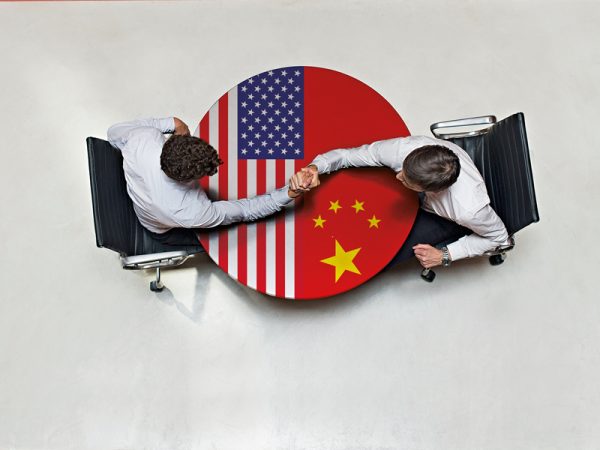
Breaking News
 Lawmakers ejected from Knesset after disrupting Trump speech
Lawmakers ejected from Knesset after disrupting Trump speech
 Is Keeping Chickens Even Worth It?
Is Keeping Chickens Even Worth It?
 The Nobel (War Is) Peace Prize
The Nobel (War Is) Peace Prize
 Israeli Officials Are Openly Saying They Plan To Resume Attacks On Gaza
Israeli Officials Are Openly Saying They Plan To Resume Attacks On Gaza
Top Tech News
SEMI-NEWS/SEMI-SATIRE: October 12, 2025 Edition
 Stem Cell Breakthrough for People with Parkinson's
Stem Cell Breakthrough for People with Parkinson's
 Linux Will Work For You. Time to Dump Windows 10. And Don't Bother with Windows 11
Linux Will Work For You. Time to Dump Windows 10. And Don't Bother with Windows 11
 XAI Using $18 Billion to Get 300,000 More Nvidia B200 Chips
XAI Using $18 Billion to Get 300,000 More Nvidia B200 Chips
 Immortal Monkeys? Not Quite, But Scientists Just Reversed Aging With 'Super' Stem Cells
Immortal Monkeys? Not Quite, But Scientists Just Reversed Aging With 'Super' Stem Cells
 ICE To Buy Tool That Tracks Locations Of Hundreds Of Millions Of Phones Every Day
ICE To Buy Tool That Tracks Locations Of Hundreds Of Millions Of Phones Every Day
 Yixiang 16kWh Battery For $1,920!? New Design!
Yixiang 16kWh Battery For $1,920!? New Design!
 Find a COMPATIBLE Linux Computer for $200+: Roadmap to Linux. Part 1
Find a COMPATIBLE Linux Computer for $200+: Roadmap to Linux. Part 1
 Bionic hand with NO brain implants?!
Bionic hand with NO brain implants?!
 Nano-cubosome eyedrops target macular degeneration without needles
Nano-cubosome eyedrops target macular degeneration without needles
U.S.-China Trade War Reaches New Level

Trump has, like his predecessor, limited exports of high-end semiconductor chips to China. He also stopped the export of machines and chemicals used to produce chips to China. These measures are extra-territorial. The Dutch company ASML is prohibited to sell its high-end machines for chip production to China because parts of them contain goods or software made in the U. S. of A.
After Trump imposed additional high tariffs on goods from China the country hit back by limiting exports of rare earth elements. China has a near monopoly on these elements. These are needed to produce modern electric motors, magnets and various sensors and semiconductors the U.S. needs. China has also stopped the import of soy-beans, one of the main products U.S. mid-west farmers depend on.
Trump had to pull back and did so. Tariffs were temporarily lowered and negotiations with China continued. A new trade agreement was supposed to signed later this month when President Trump and President Xi would meet in South Korea.
But U.S. negotiators under Secretary of Commerce Howard Lutnick tried to play hardball. In late September, during the talks, they imposed further restrictions on China:
On September 29, 2025, the U.S. Department of Commerce's Bureau of Industry and Security (BIS) released a long-anticipated interim final rule (IFR) that will result in the most dramatic expansion of U.S. export control regulations in years. The IFR, "Expansion of End-User Controls To Cover Affiliates of Certain Listed Entities," extends export restrictions to any company owned 50% or more, directly or indirectly, by any of the thousands of entities already designated on several Commerce and Treasury Department lists.
The IFR would also impose a new duty on exporters to investigate the ownership of an end user where there is reason to believe a designated entity holds a minority stake, or is affiliated with, the end user, subject to a strict liability standard for violations.
The new measures would severely restrict any export of high tech goods to China.



